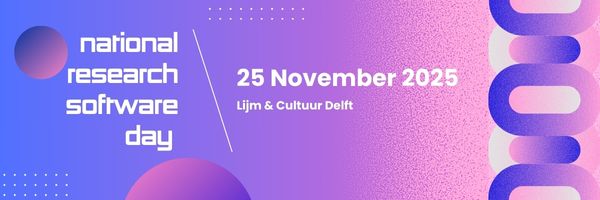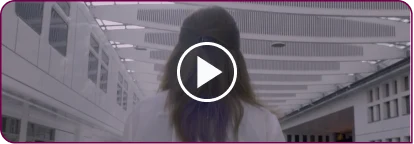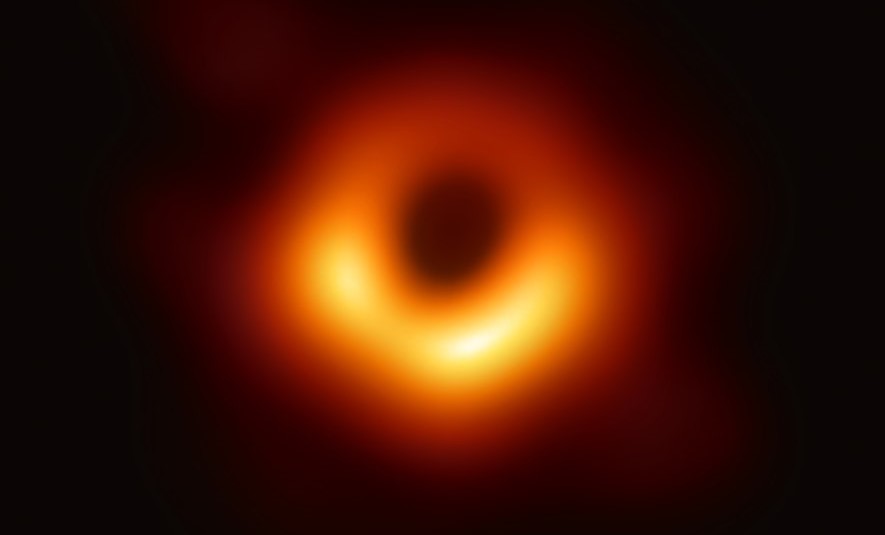Request for comments -- Raising the Profile of Research Software
September 17, 2019
Image credit: EHT Collaboration
TL;DR
Read our paper and share your comments.
This blog post was also is also poster here.
In March 2019, a group of active members of the research software community in the Netherlands had a meeting with NWO (The Netherlands Organisation for Scientific Research) to discuss the importance of research software in contemporary research and its relationship to research data, open science, and reproducibility in research (please see Making Research Software a First-Class Citizen in Research).
Following from that discussion, the group produced the position paper “Raising the Profile of Research Software”. The aim of the paper is to provide funding agencies and research institutions with concrete recommendations for raising the profile of research software.
And now we would like to bring more attention to this community effort. We are very interested in hearing your feedback. Please share your comments and suggestions -- we will collect more opinions during the UK-RSE and NL-RSE conferences to strengthen and improve these recommendations.
What is the paper about?
Software has become a crucial part of research, but it still does not receive the same recognition as other research outputs. There is a need to fully acknowledge that research software is as important as research data and scientific publications, as expressed in DORA. We share the Research Software Alliance’s vision that research software should be “recognised and valued as a fundamental and vital component of research.”
We have provided recommendations which funding agencies and research institutions can implement to achieve this goal. These recommendations do not offer a full solution to addressing this issue, but provide a further step in the direction of achieving recognition for research software as a fundamental and vital component of research.
We believe that even minor policy improvements in the domain of research software will lead to visible improvement in science and suggest to funding and research institutions to adopt at least a part of our suggestions.
Authors (alphabetically):
Anton Akhmerov, Maria Cruz, Niels Drost, Cees Hof, Tomas Knapen, Mateusz Kuzak, Carlos Martinez-Ortiz, Yasemin Turkyilmaz-van der Velden, Ben van Werkhoven


